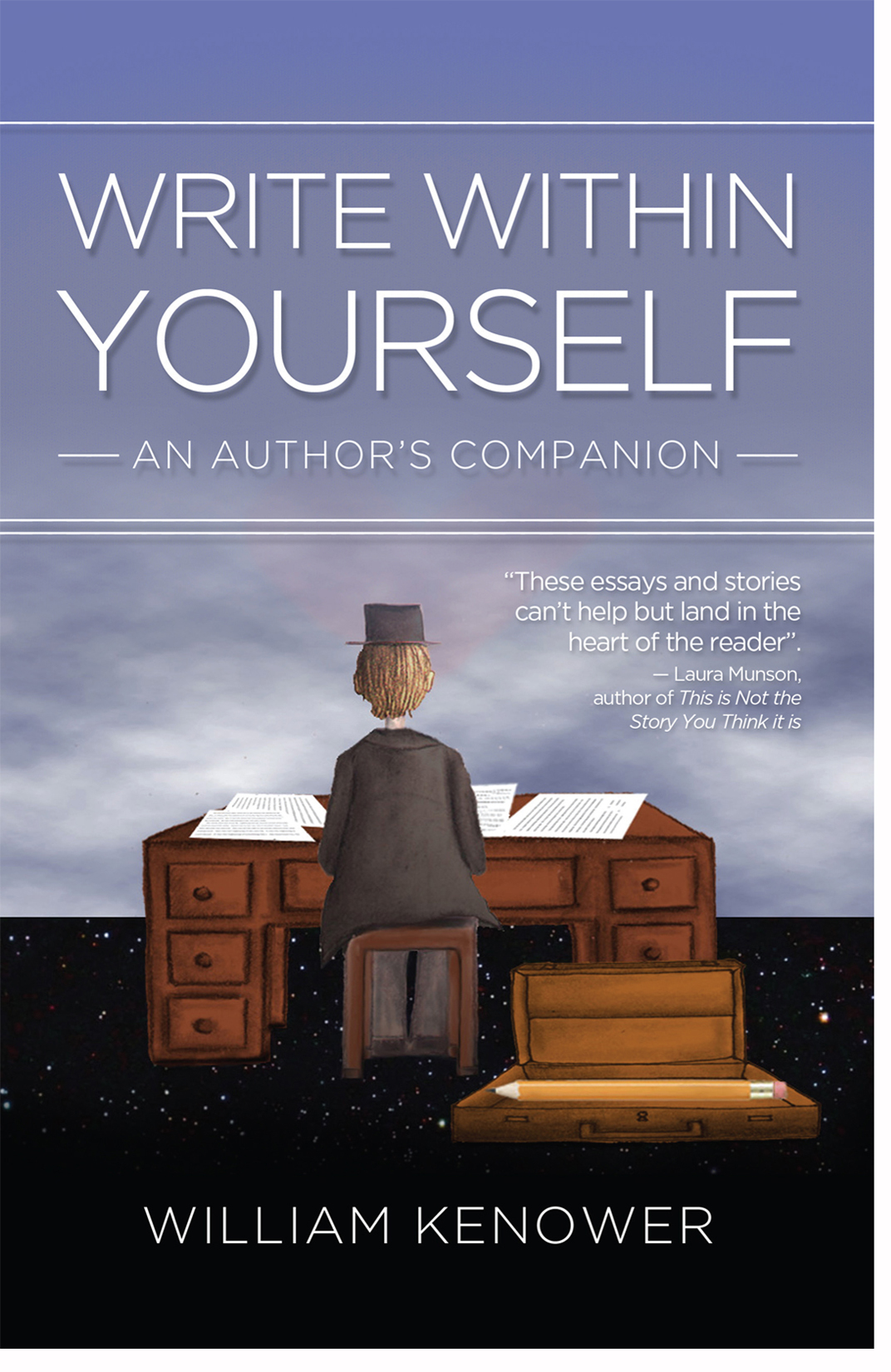Writing as Love Letters to Your Readers
The summer after I turned eighteen, the girl I had fallen in love with six months earlier moved with her family from Providence, RI to Seattle, WA. In 1983, before Skype and text messages and emails, that might as well have been the other side of the planet. I was devastated. I dreamed about her night after night, and spent my muggy, Providence afternoons wondering what exactly the point to life was if circumstance could arbitrarily pluck someone you loved from your world. I went to college on Long Island while she went to school in Olympia. We started writing long letters. I wanted to feel close to her. I wanted to feel the immediacy of her company as I had known it while talking to her on her couch in her living room or when I’d walked her home after we’d gone to see The Graduate. I already knew I wanted to be a writer. Perhaps I could close that 3,000-mile gap through the power of the written word.
Being a young writer, I was also an impatient writer. I wanted my letters to travel what seemed like the fastest and easiest route between my heart and hers. To do this I would need to feel something immediately and acutely. And so I complained. I complained about how few friends I had, about how flat the stories I was writing seemed to me, about the weather on Long Island. Yet no matter how many adjectives I poured onto the page, no matter how detailed I was in chronicling my misery, I could not find again what lit in me every time she answered my knock on her front door.
Twenty-five years later I found myself writing letters of a different kind. These were called blogs, but they really were love letters to strangers. By this time, that girl and I had found each other again and married and had two boys. Circumstance, I began to understand, could not actually pluck anything of value from my world. I just needed to learn where to look for it.
I wanted the little essays and stories I wrote in my blog to inspire writers, to remind them why the very act of writing was always worthy of their time and attention regardless of rejection letters or the market or advances. I knew how easy it was for writers to bond with one other through complaint. We all dislike rejection, and we’d all like to sell more, and we’d all like the stories to come easier.
But I also knew how it felt to open the door to my imagination and find a story I loved to tell waiting for me. I knew how good it felt to spend time in the company of that story, to hear what it had to say and learn where it wanted to go. I decided to write as a kind of invitation to other writers to join me in a place where the enduring value of having a story we loved to tell was more important than the passing disappointment of rejection letters or sagging sales.
There is a kind of vulnerability and naïveté to optimism; it is not interested in fixing problems. I know how easy it is to see problems all around me, to believe that what I desire most has left my world. What a strange thing for a writer to believe. I can find what I love most while alone at my desk facing a perfectly blank page. There I remember again where to look for what I want, and remember what it feels like to find it, and that the bond of friendship is always love and never fear.
Write Within Yourself: An Author's Companion.
"A book to keep nearby whenever your writer's spirit needs feeding." Deb Caletti.
You can find William at: williamkenower.com


